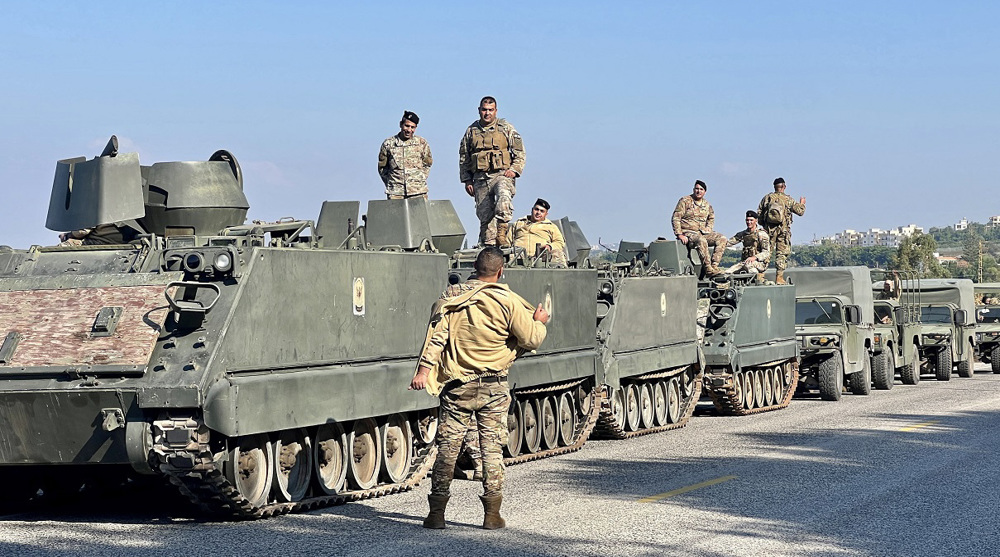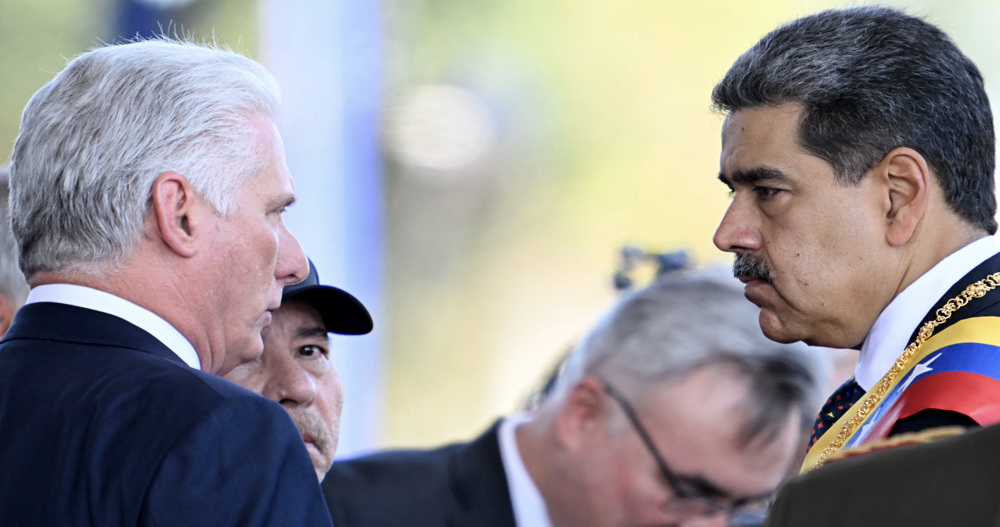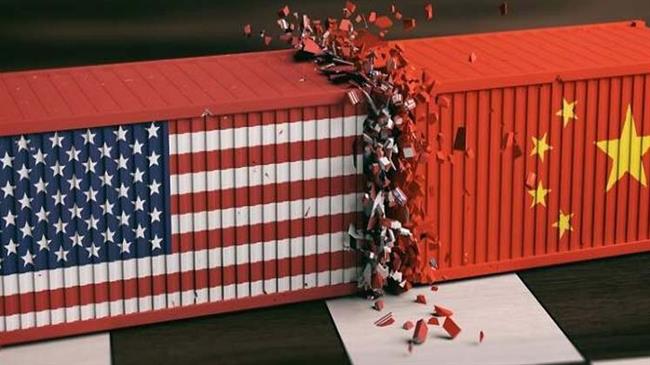Trump says eager to ‘help’ resolve China-India dispute
US President Donald Trump has expressed eagerness to “get involved and help” resolve the persisting border dispute between China and India despite Washington’s escalating tensions against Beijing on multiple fronts.
“We stand ready to help with respect to China and India. If we can do anything, we would love to get involved and help,” Trump said Friday when asked about the dispute during a White House press briefing, adding that Washington was talking with both countries about what it could do to help defuse the situation.
Trump further asserted that the situation was “very nasty,” claiming that the world’s two most populous nations were “going at it much more strongly than a lot of people even understand.”
A US government source in Washington said the Trump administration’s assessment is that neither China nor India appeared interested in pushing the conflict over the mountain border through the western Himalayas to the point that would lead to a war.
According to the report, Trump has offered to mediate between the two nuclear-armed nations in the past, but Beijing has rejected the need for a third-party mediation effort while New Delhi also appeared disinterested.
The development came a day after Beijing censured India’s move to ban numerous Chinese apps in response to the ongoing border conflict while suggesting that New Delhi took the anti-China measure under US pressure.
China’s foreign ministry implied on Thursday that India had imposed the ban on Chinese technology products under American influence, with spokesperson Hua Chunying warning against "short-sighted" participation in US restrictions against Chinese technology.
The ban was imposed after Beijing reacted strongly on Monday to earlier remarks by the Trump administrations’ National Security Adviser Robert O’Brien urging other countries to confront what he claimed to be the “challenges” of China and Russia and slamming Beijing for its political system and regional policies.
Insisting that Washington’s anti-China schemes were doomed to fail, Chinese Foreign Ministry spokesman Zhao Lijian said, “For a while, driven by their zero-sum game mindset, Cold War mentality and personal gains, some US politicians have ignored the basic facts, continued to maliciously attack China's political system, wantonly slandered and smeared China, and sowed discord between China and other countries.”
Moreover, earlier in the week US Secretary of State Mike Pompeo announced new restrictions against Chinese diplomats in the United States while accusing Beijing of pressuring American diplomats there by subjecting them to “a system of opaque approval processes.”
“For years, the Chinese Communist Party has imposed significant barriers on American diplomats working inside the PRC (People’s Republic of China),” Pompeo claimed in a Wednesday press briefing.
Chinese Foreign Ministry spokeswoman Hua Chunying then reacted by insisting Thursday that it will give “legitimate responses” to the United States if Washington proceeds with the scheme to impose new limits on Chinese diplomats.
Chinese, Indian defense chiefs hold talks in Moscow
On Friday, the defense ministers of India and China held talks in Moscow in what was viewed as the highest level face-to-face political contact since the latest tensions between them flared up along the disputed mountain border back in May.
During the meeting, according to China’s official media reports, Chinese Defense Minister Wei Fenghe told his Indian counterpart Rajnath Singh that New Delhi bears full responsibility for the current border conflict.
Singh only wrote in a tweet that the meeting lasted for 2 hours and 20 minutes, without elaborating about any details.
Both countries have deployed additional troops along the disputed border following a skirmish back in June that left 20 Indian soldiers killed during hand-to-hand fighting.
India and China have not been able to agree on their nearly 3,500-kilometre border over which they went to war in 1962.
Hamas thanks Iran, Resistance Front following achievement of ceasefire in Gaza
'Capitulation': Israeli officials and media concede Gaza defeat as truce unfolds
'Gaza has won': Social media users react to ceasefire with mix of relief, joy
Iran seeks South Korea’s assistance for AI, fiber-optic projects
VIDEO | Iran's 'Eqtedar' (Power) maneuver
Israel hits HTS military target in Syria for 1st time since fall of Assad
VIDEO | Press TV's news headlines
Israel has slaughtered 13,000 students in Gaza, West Bank














 This makes it easy to access the Press TV website
This makes it easy to access the Press TV website